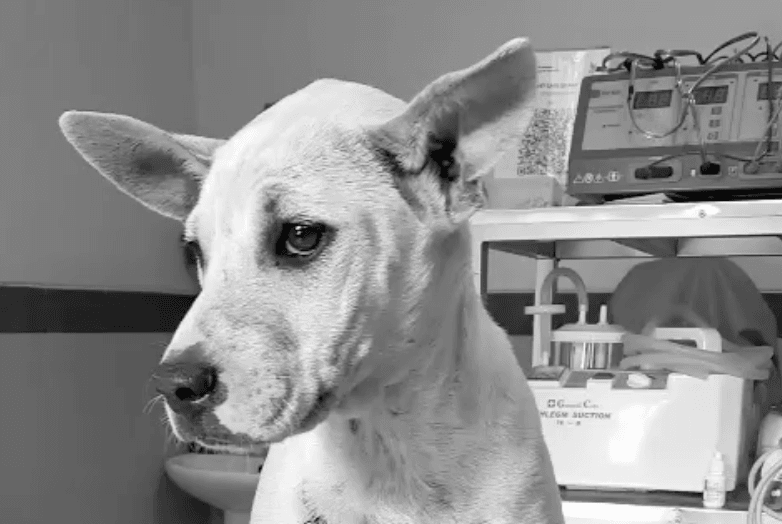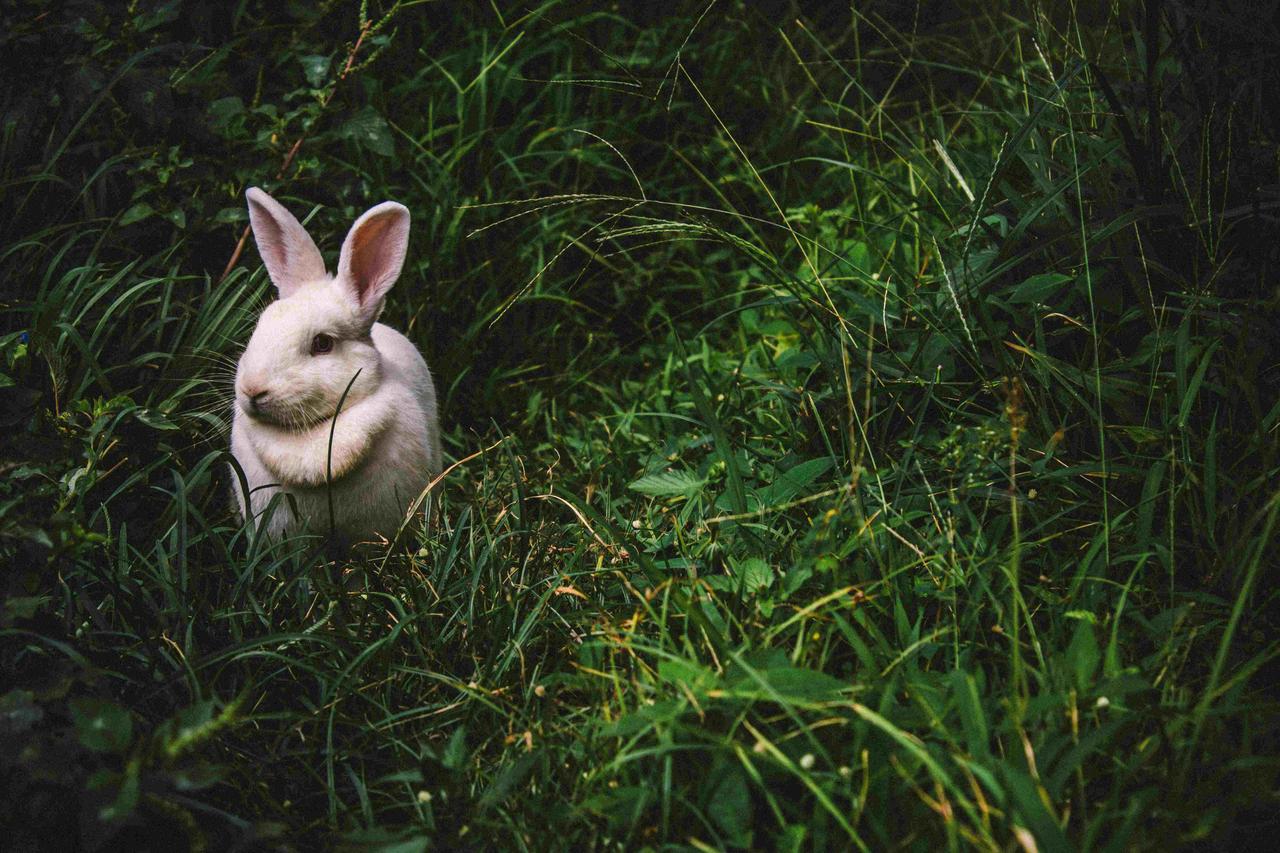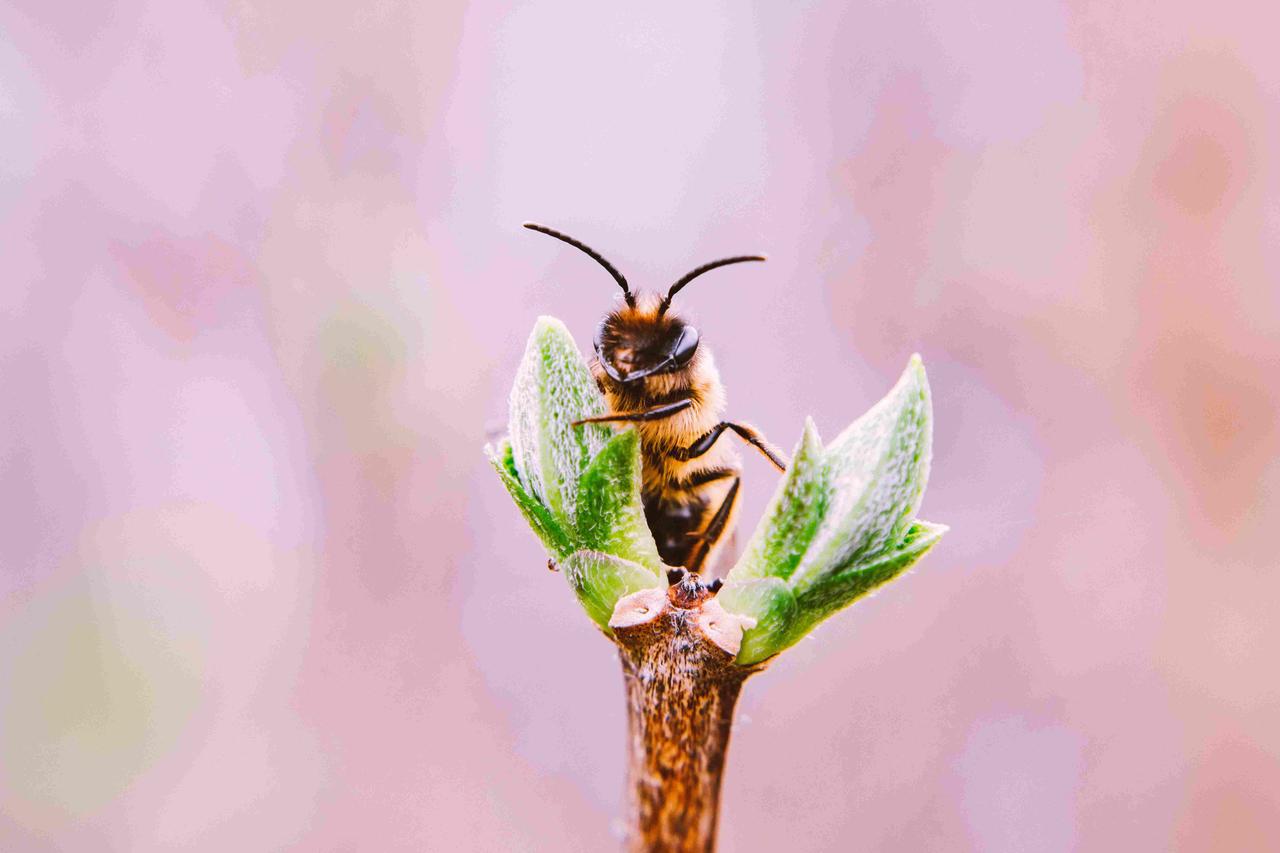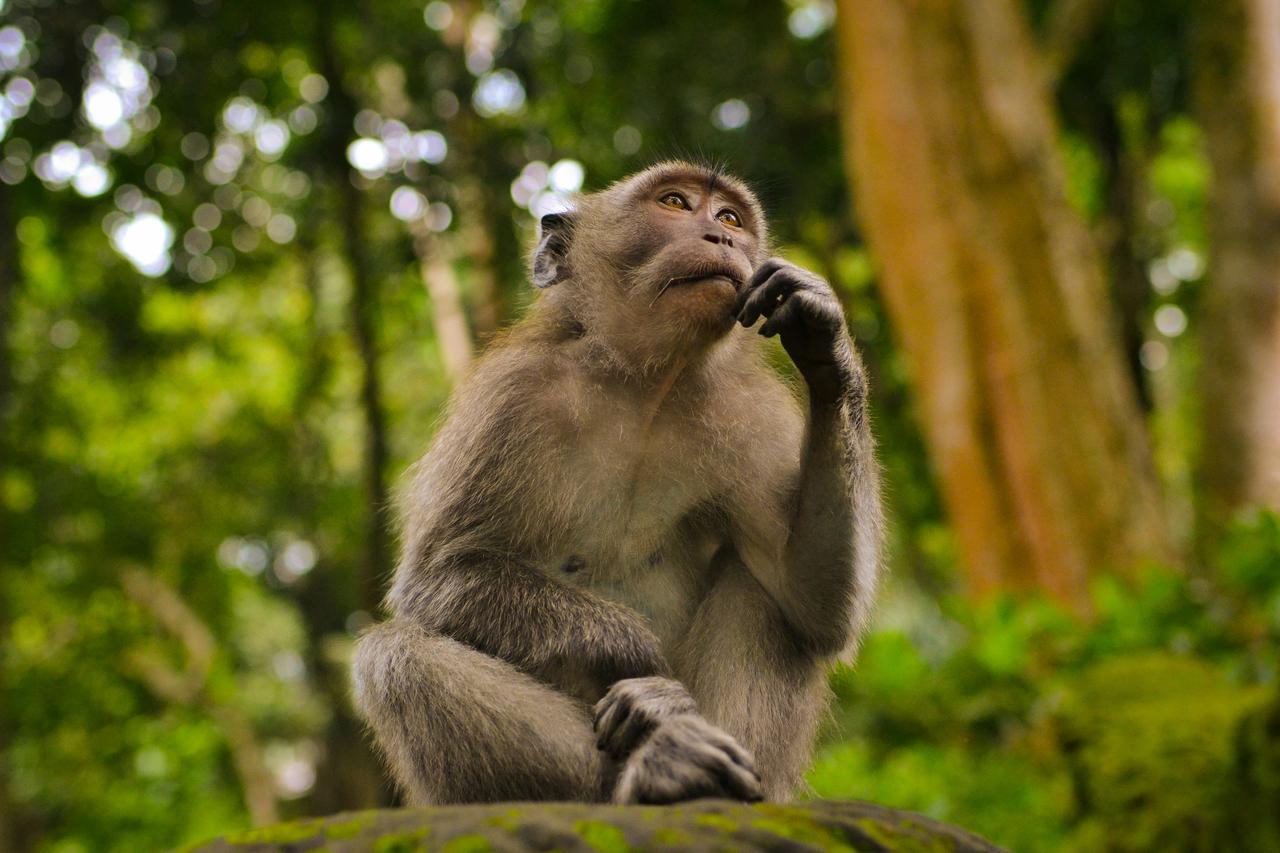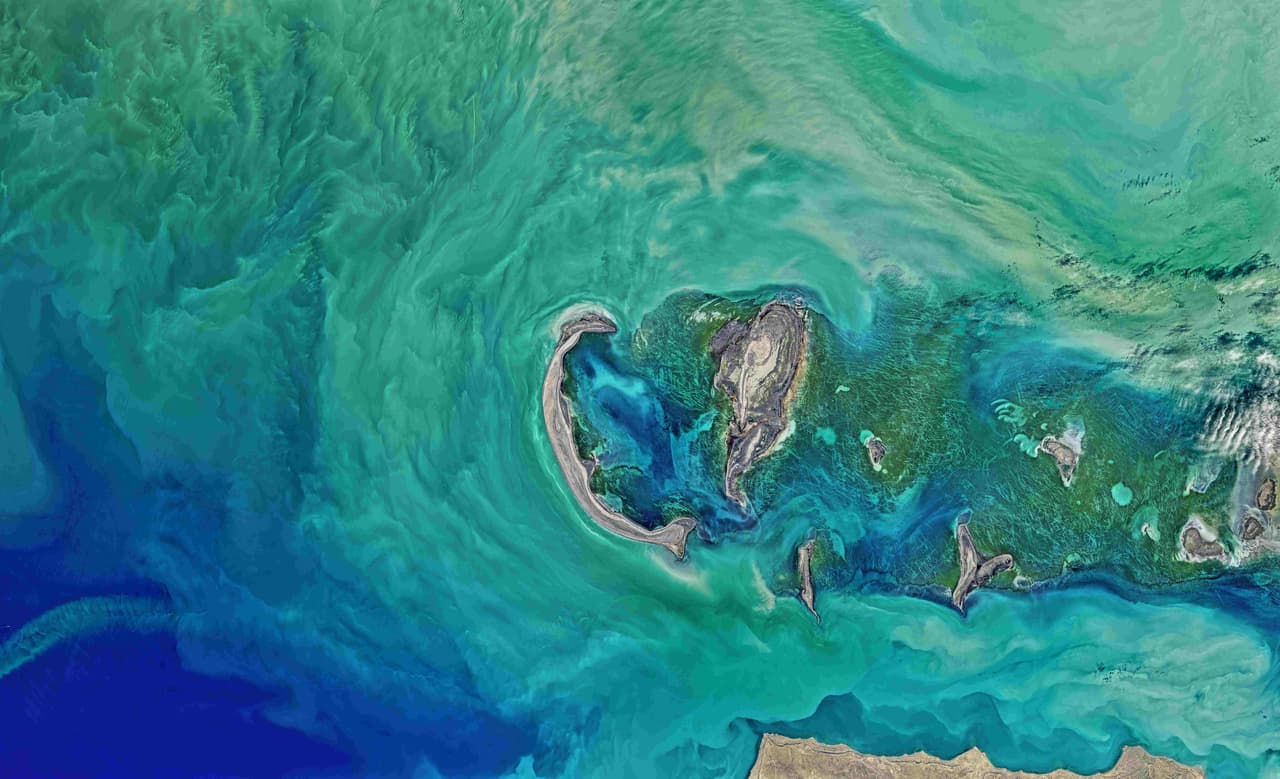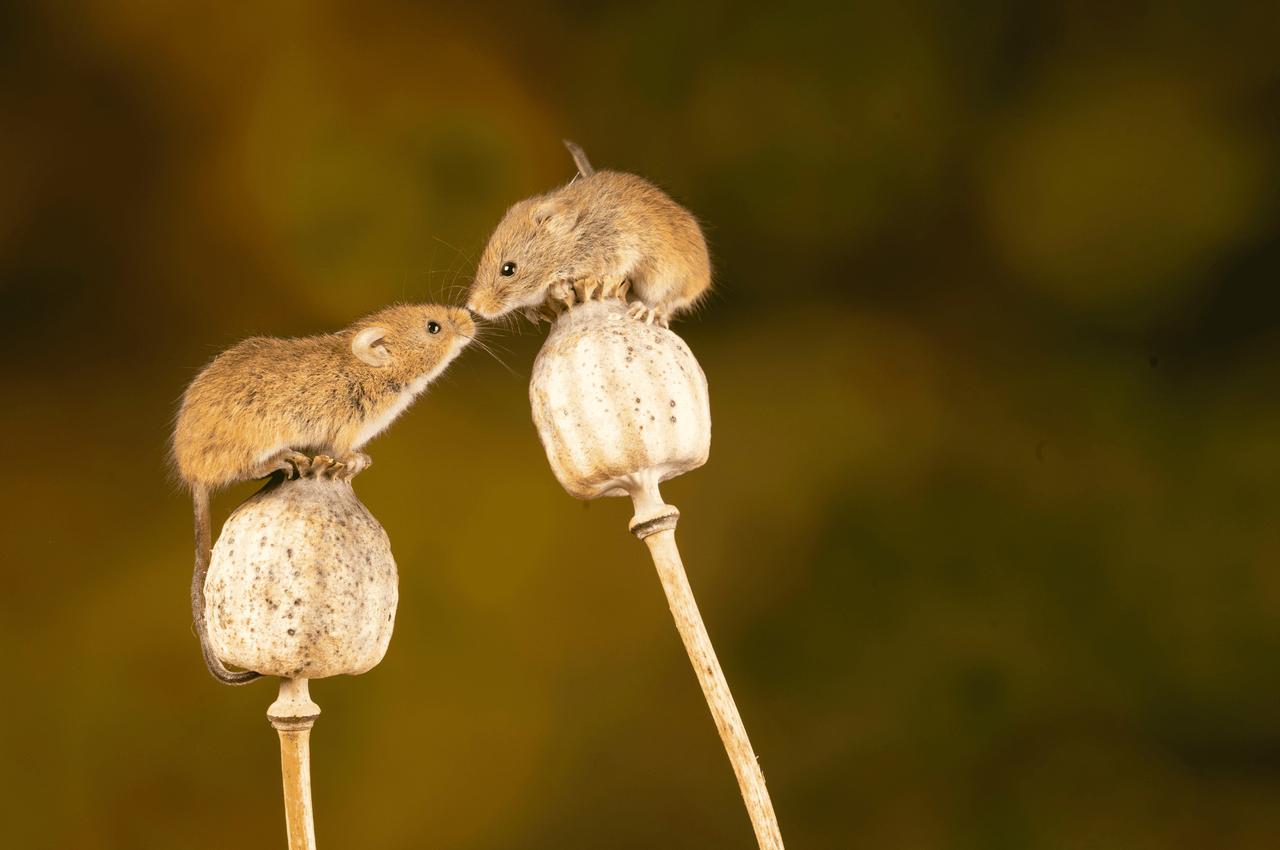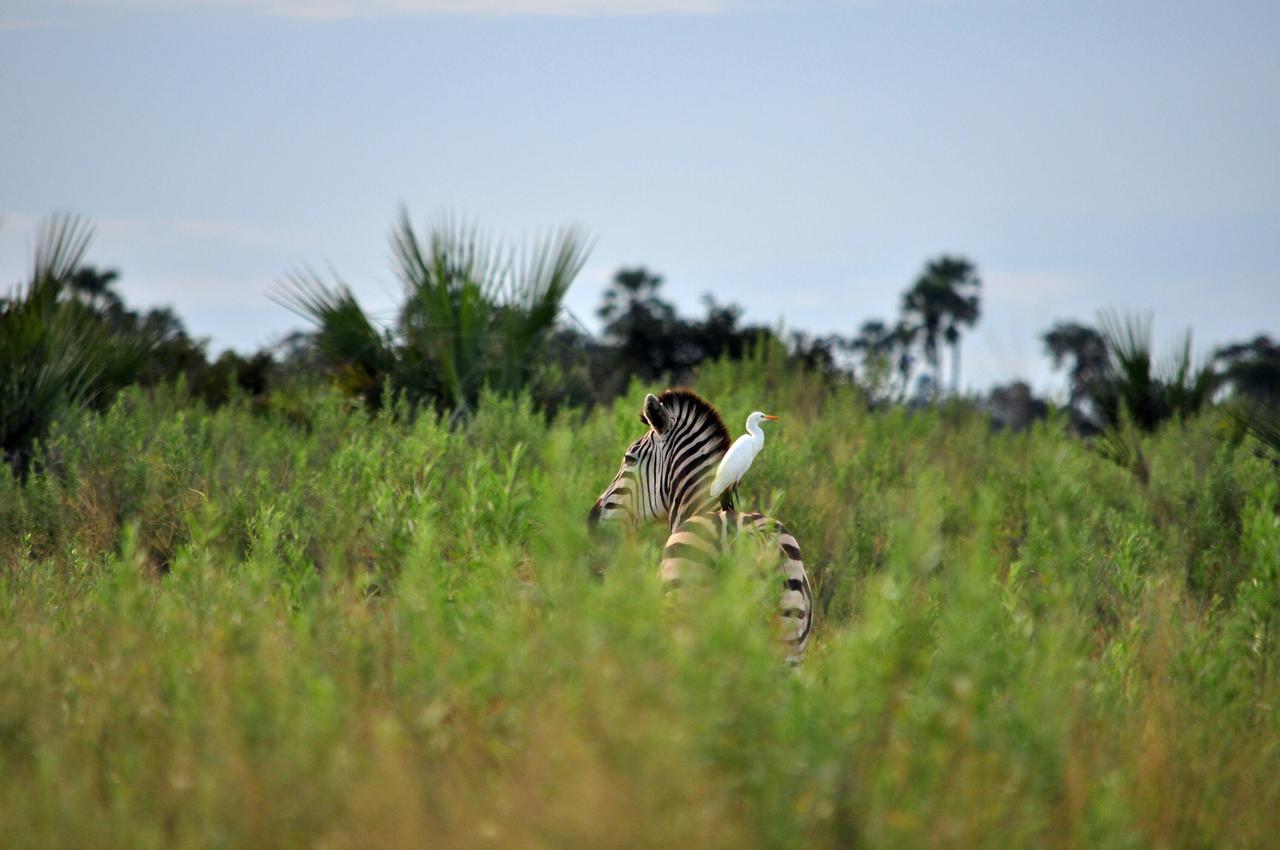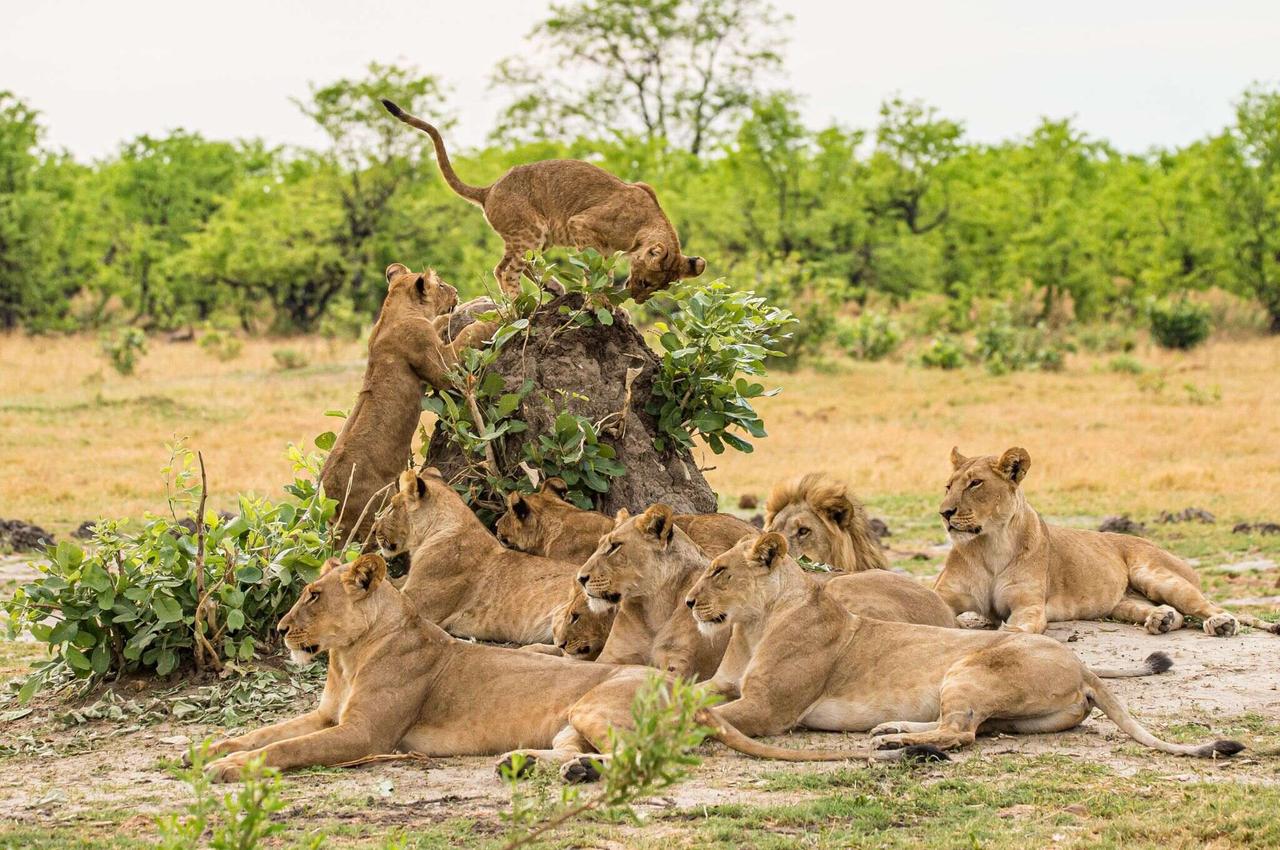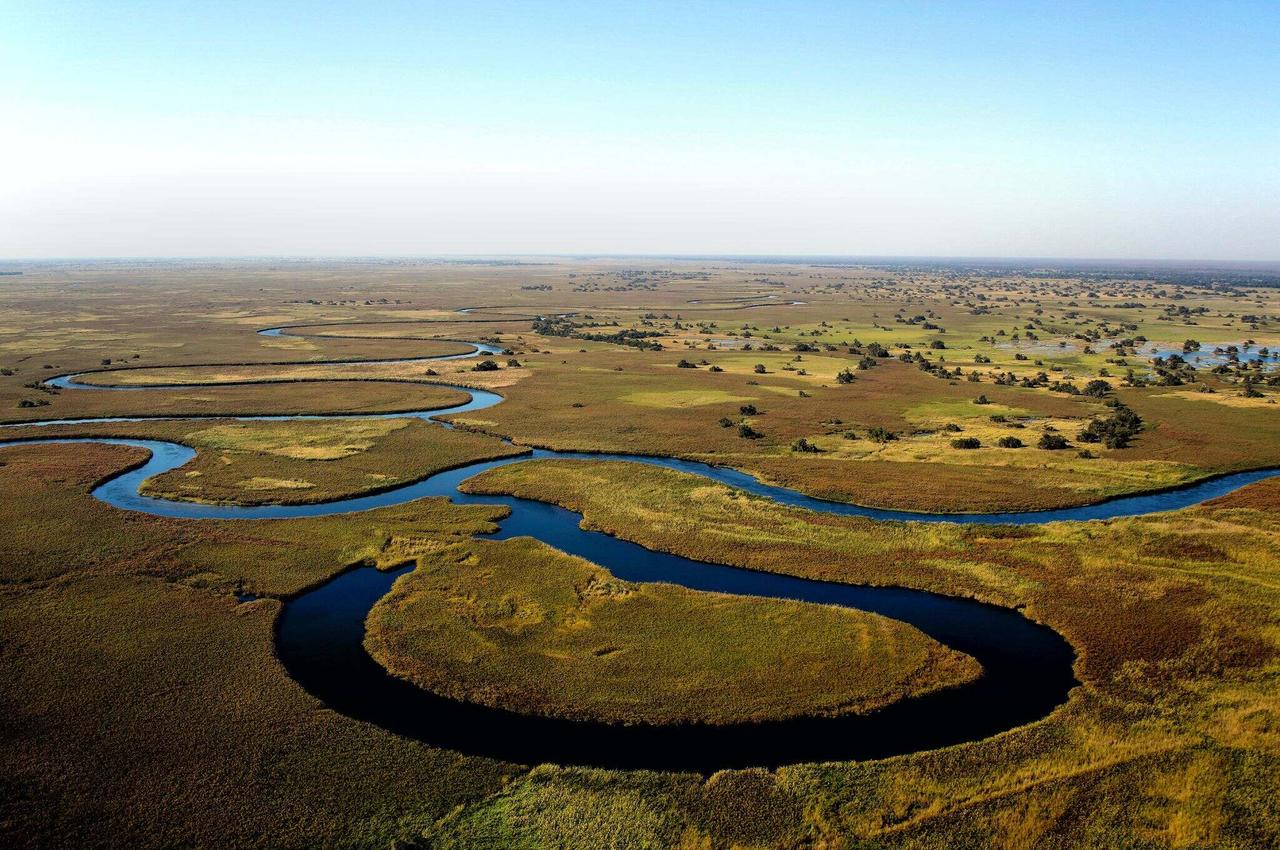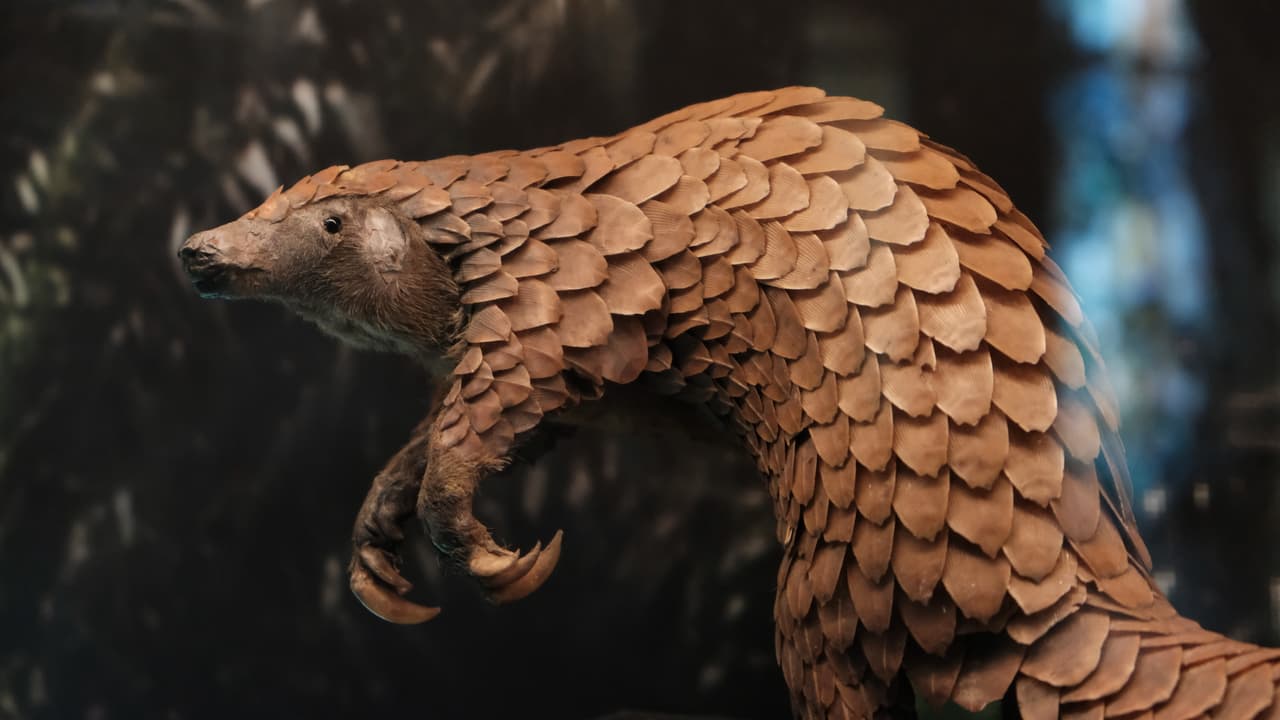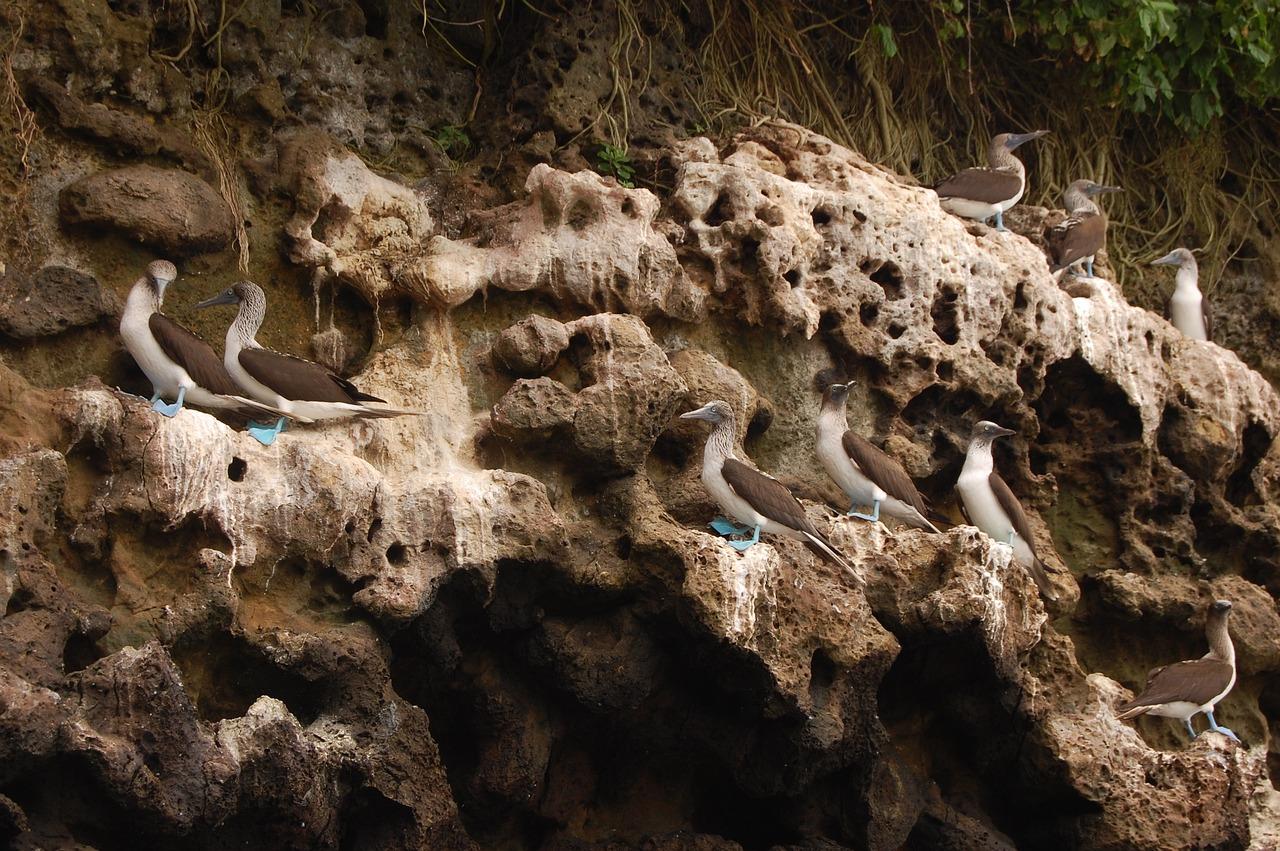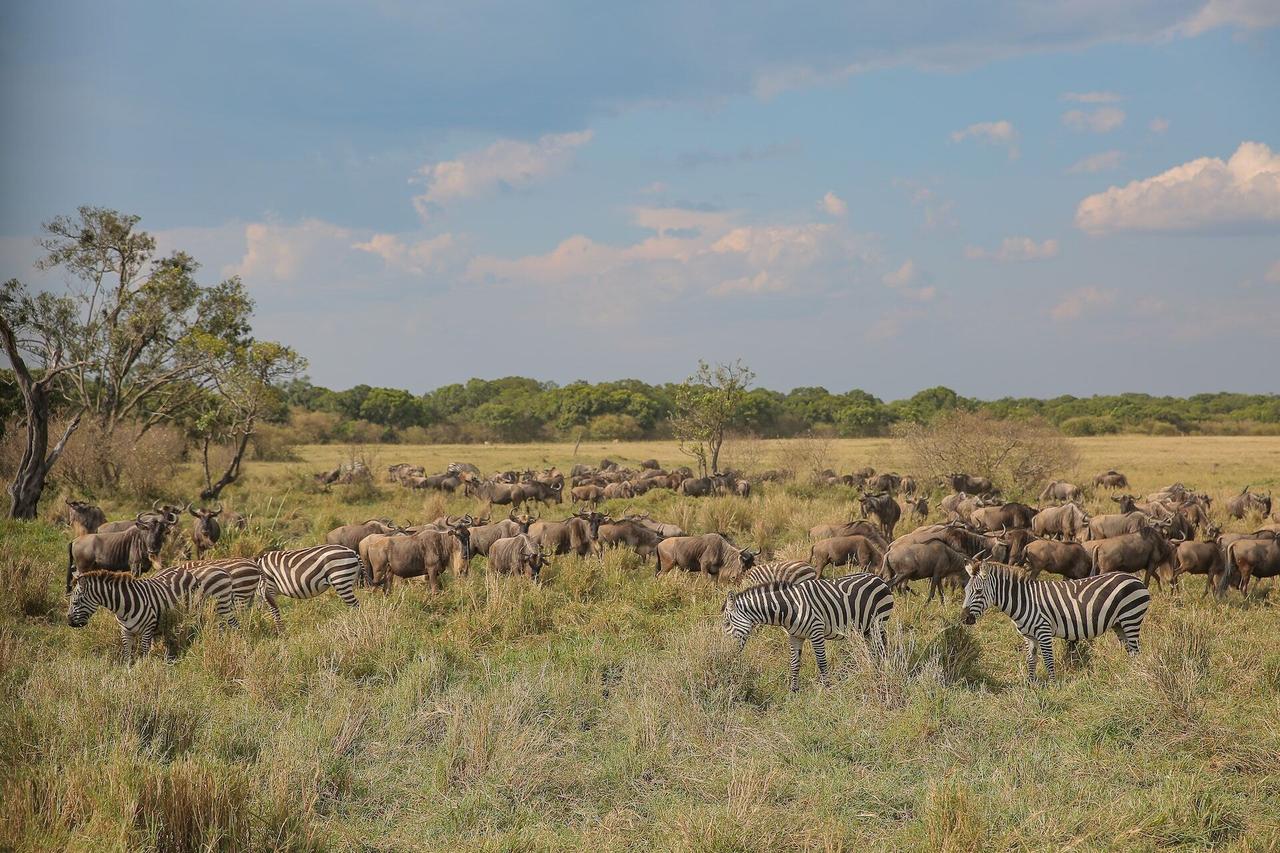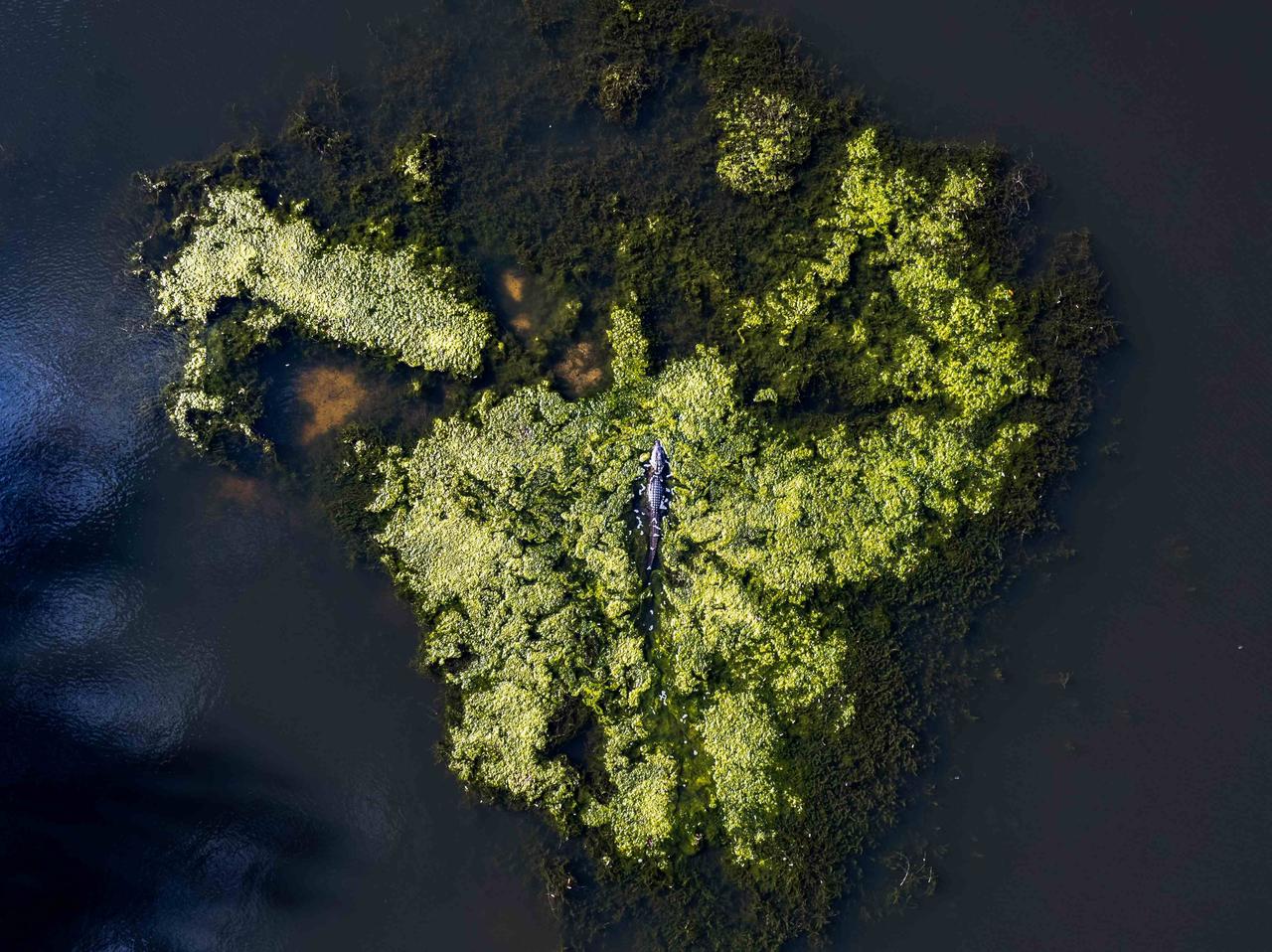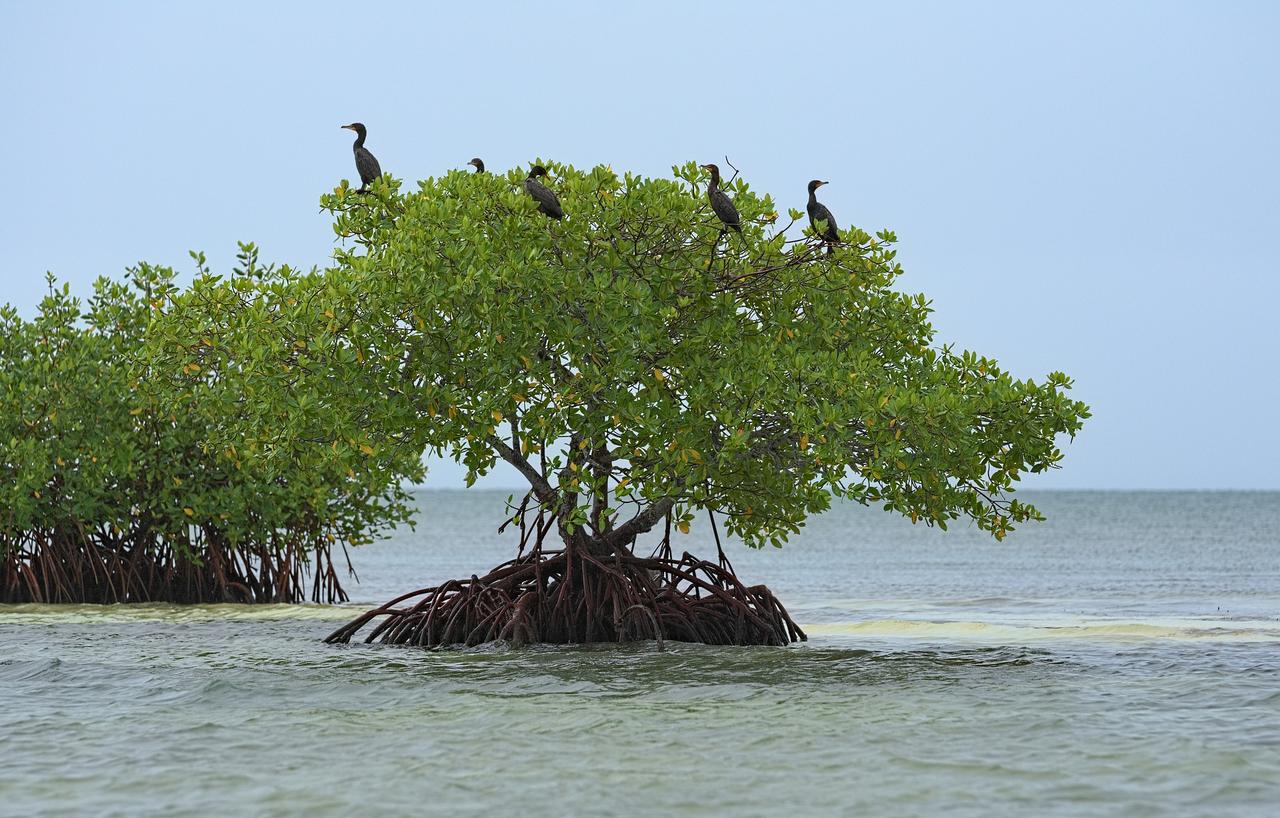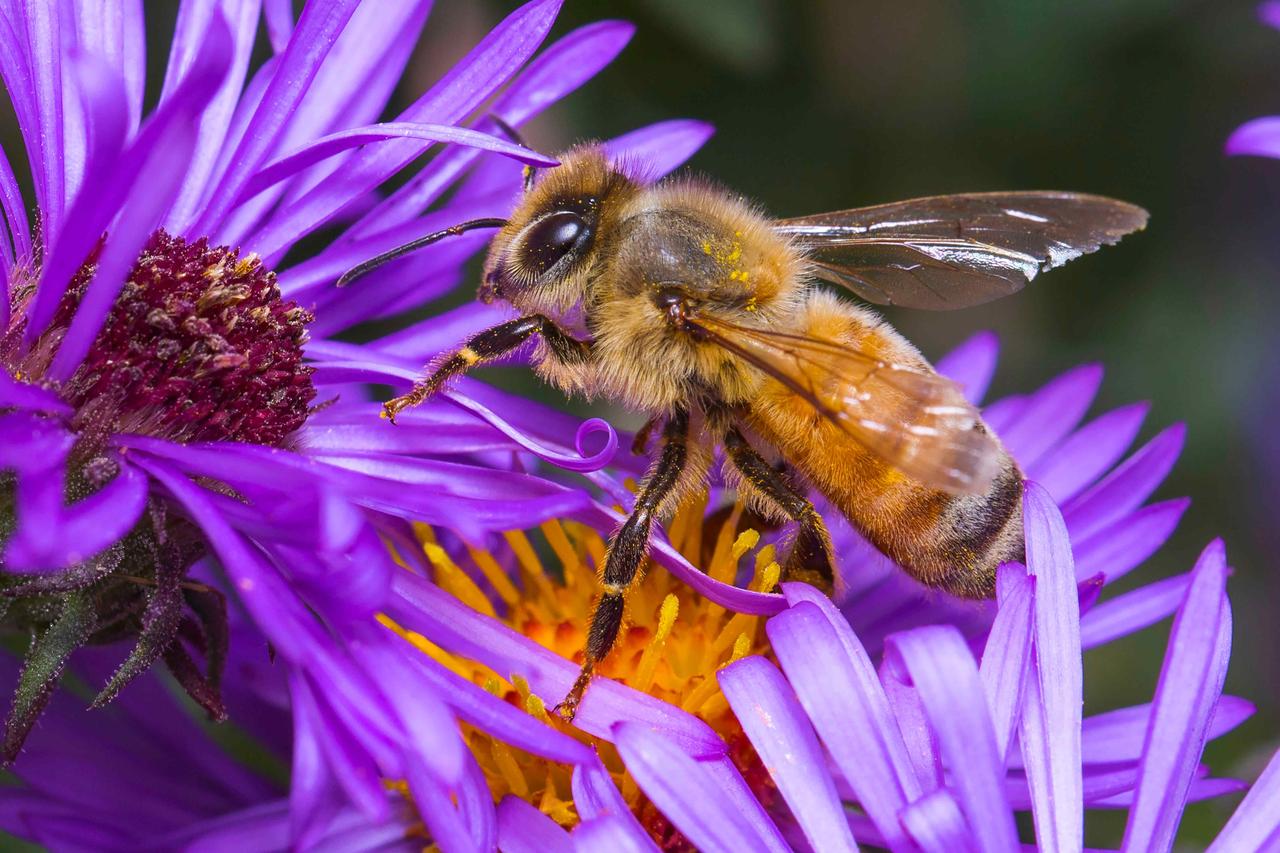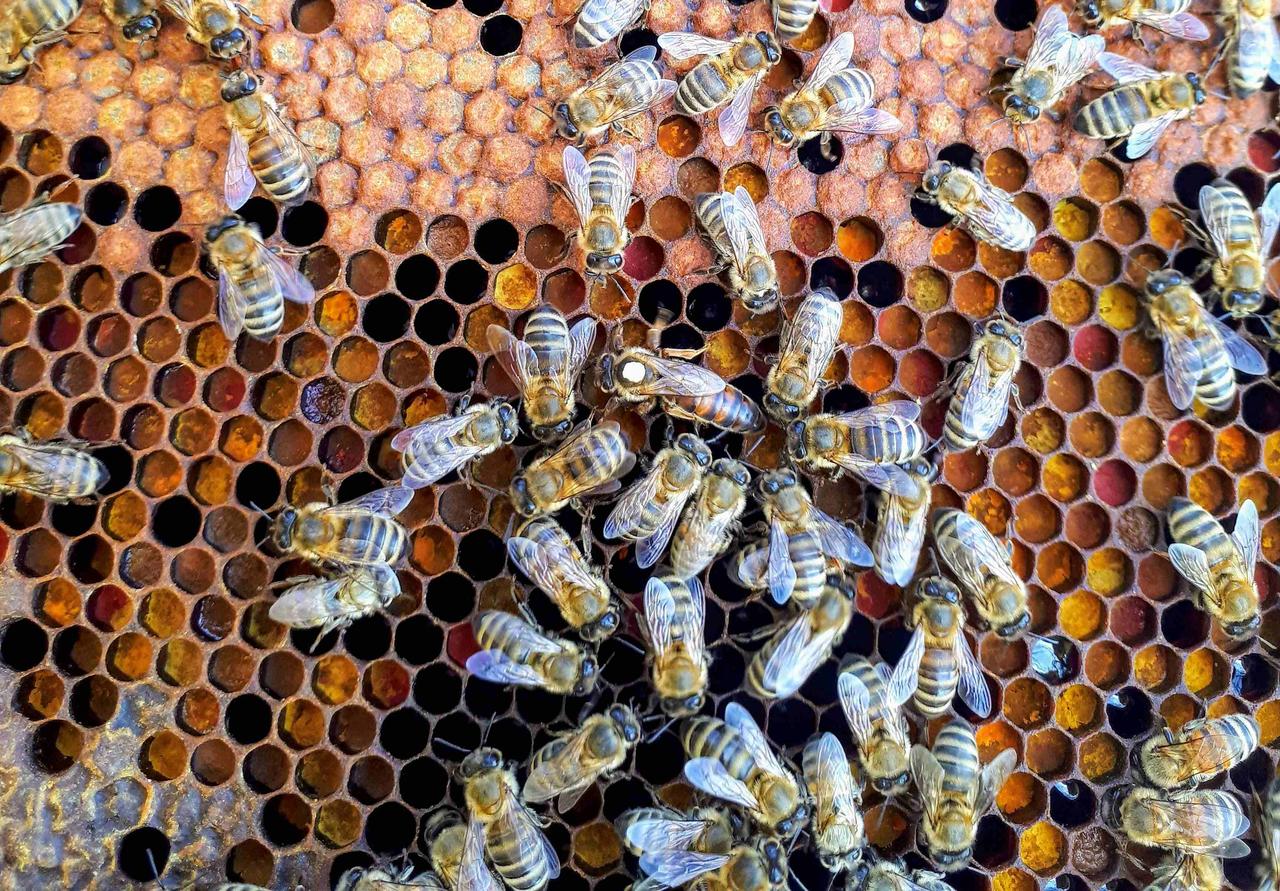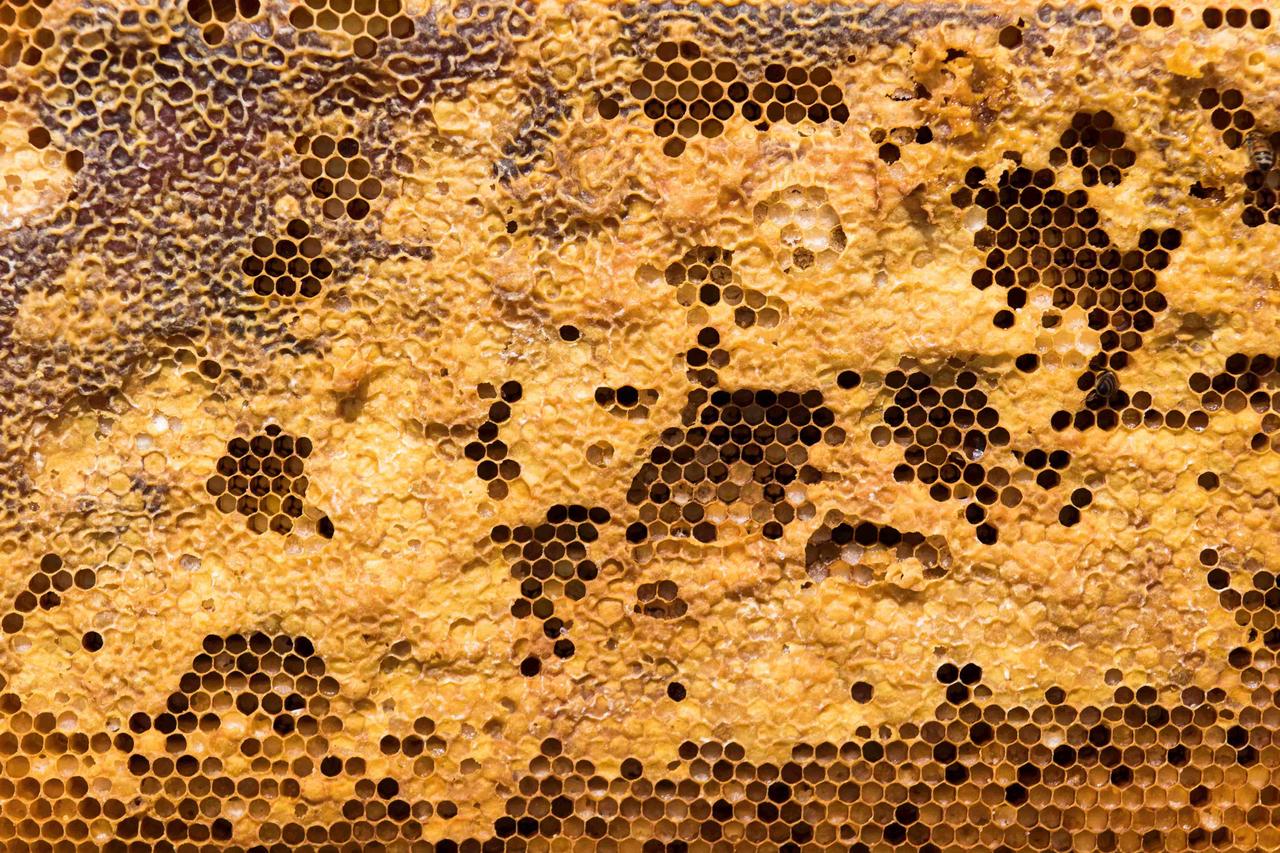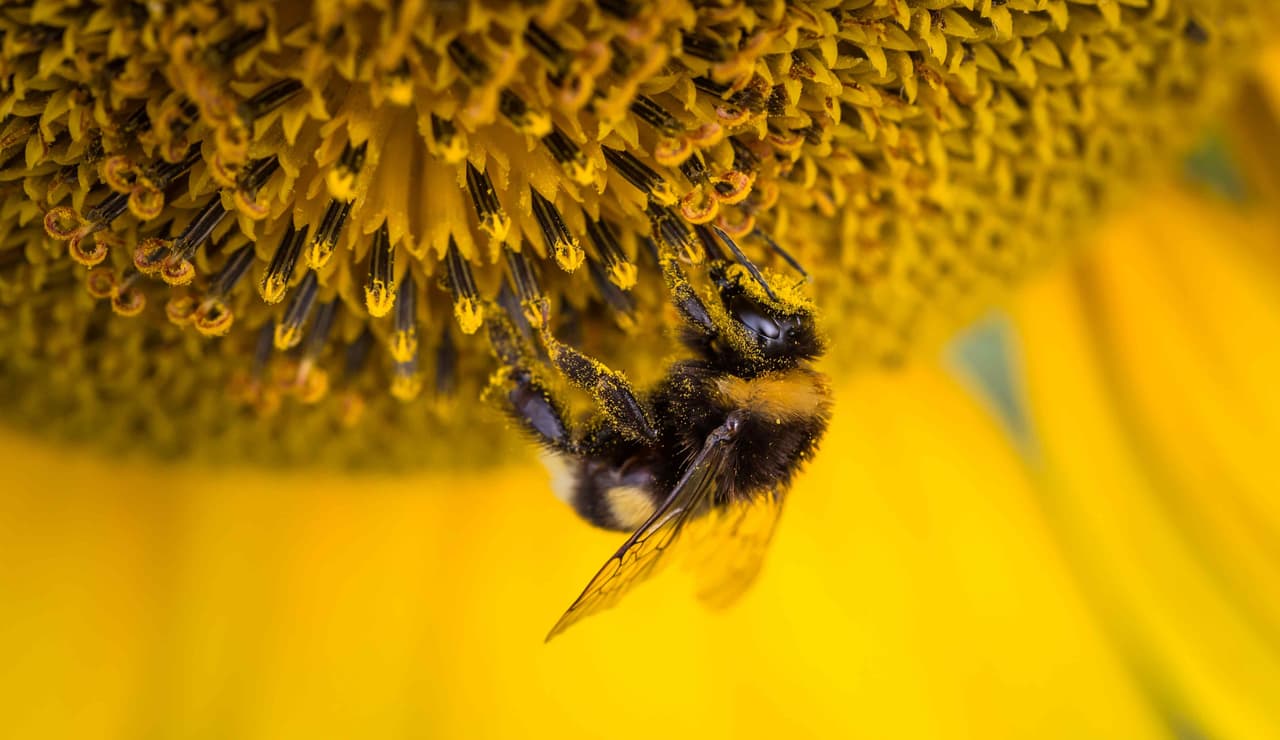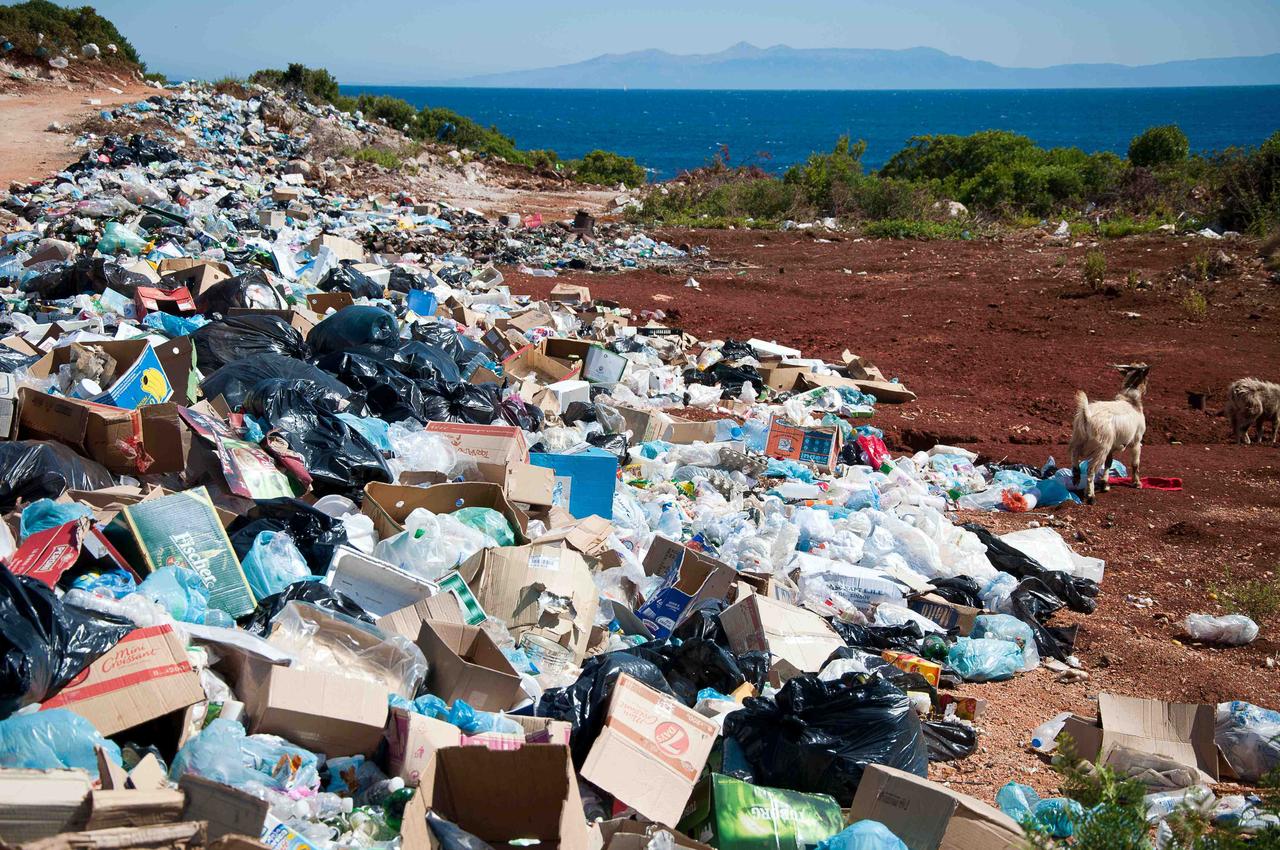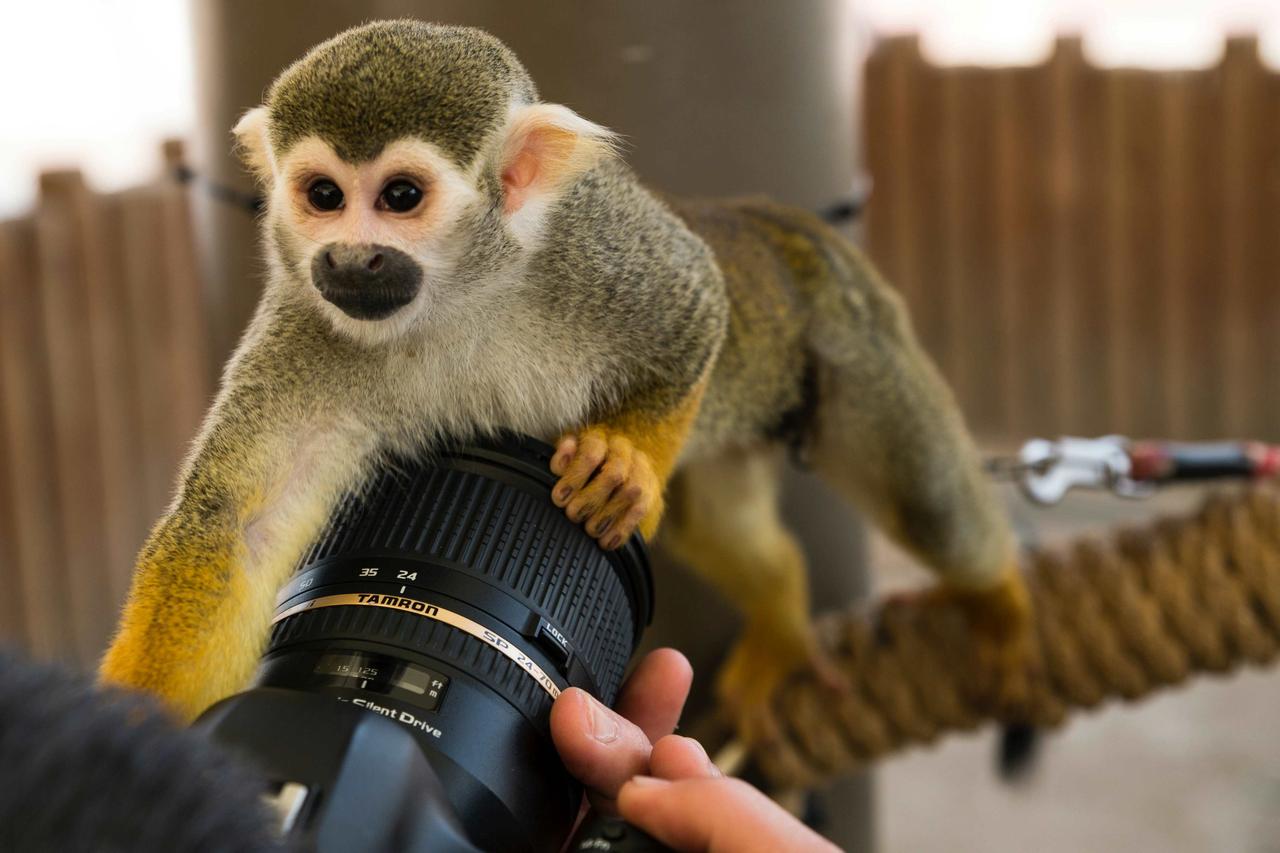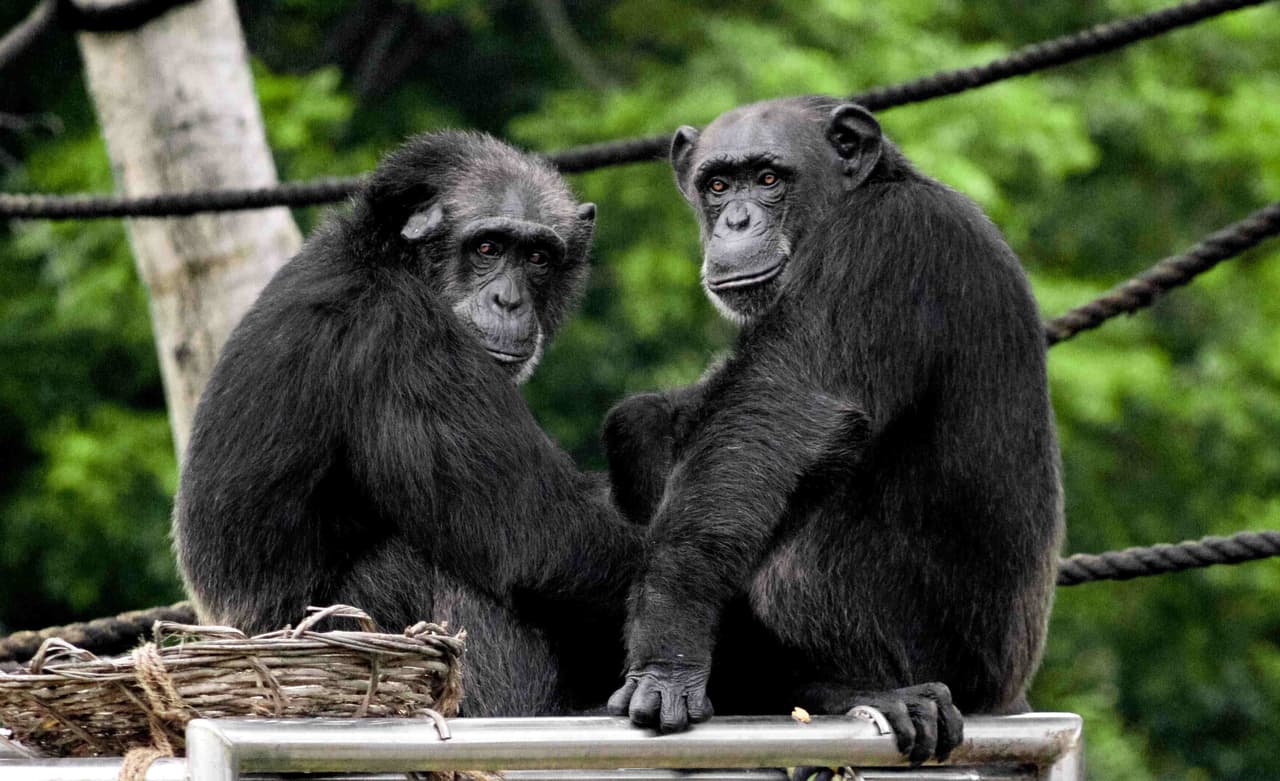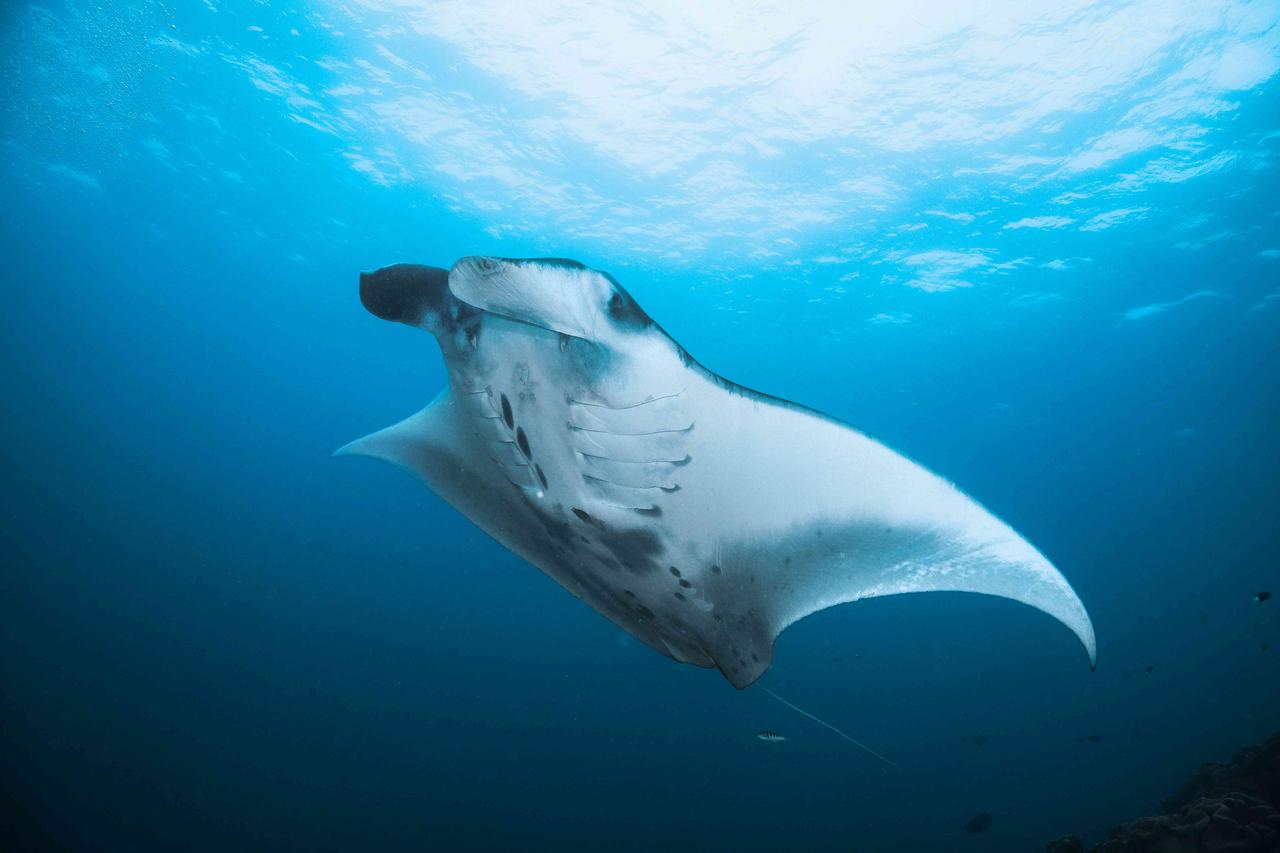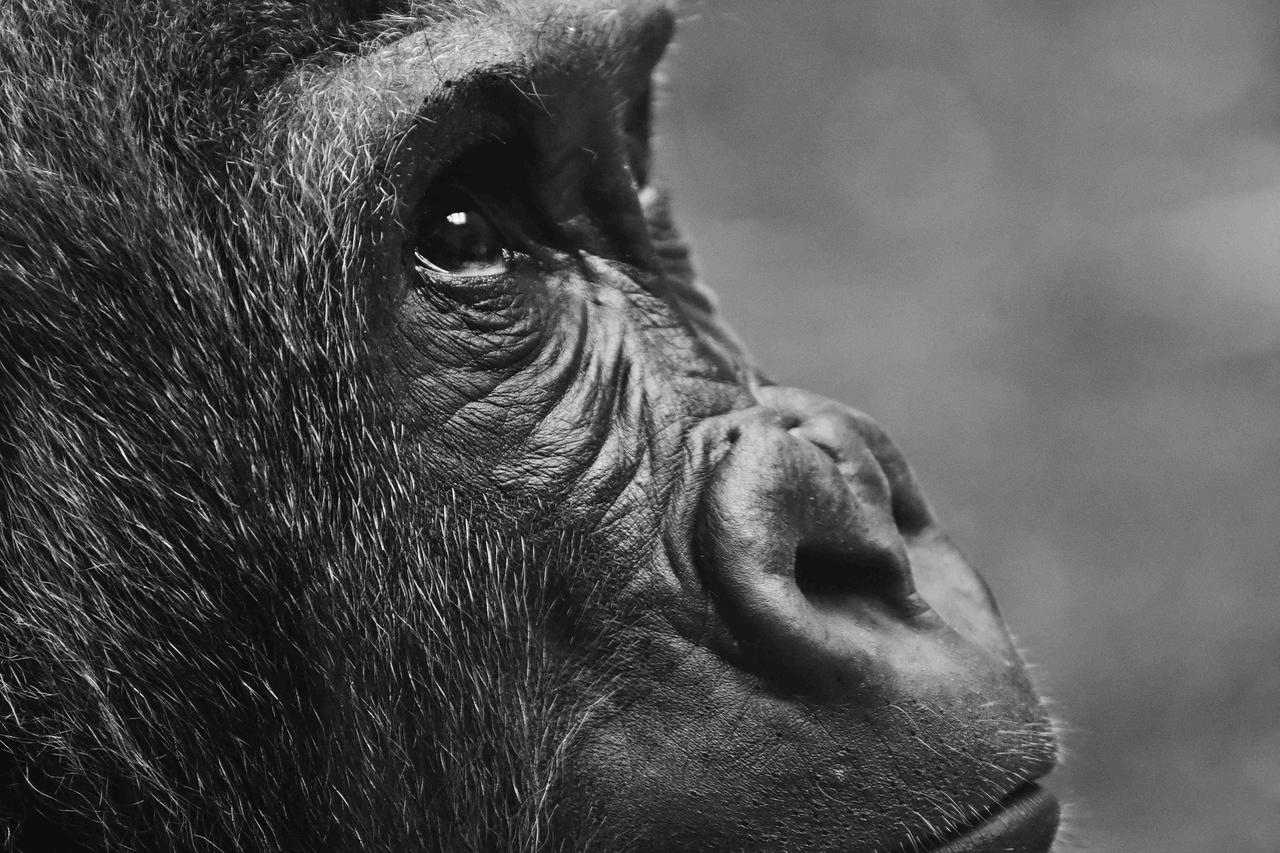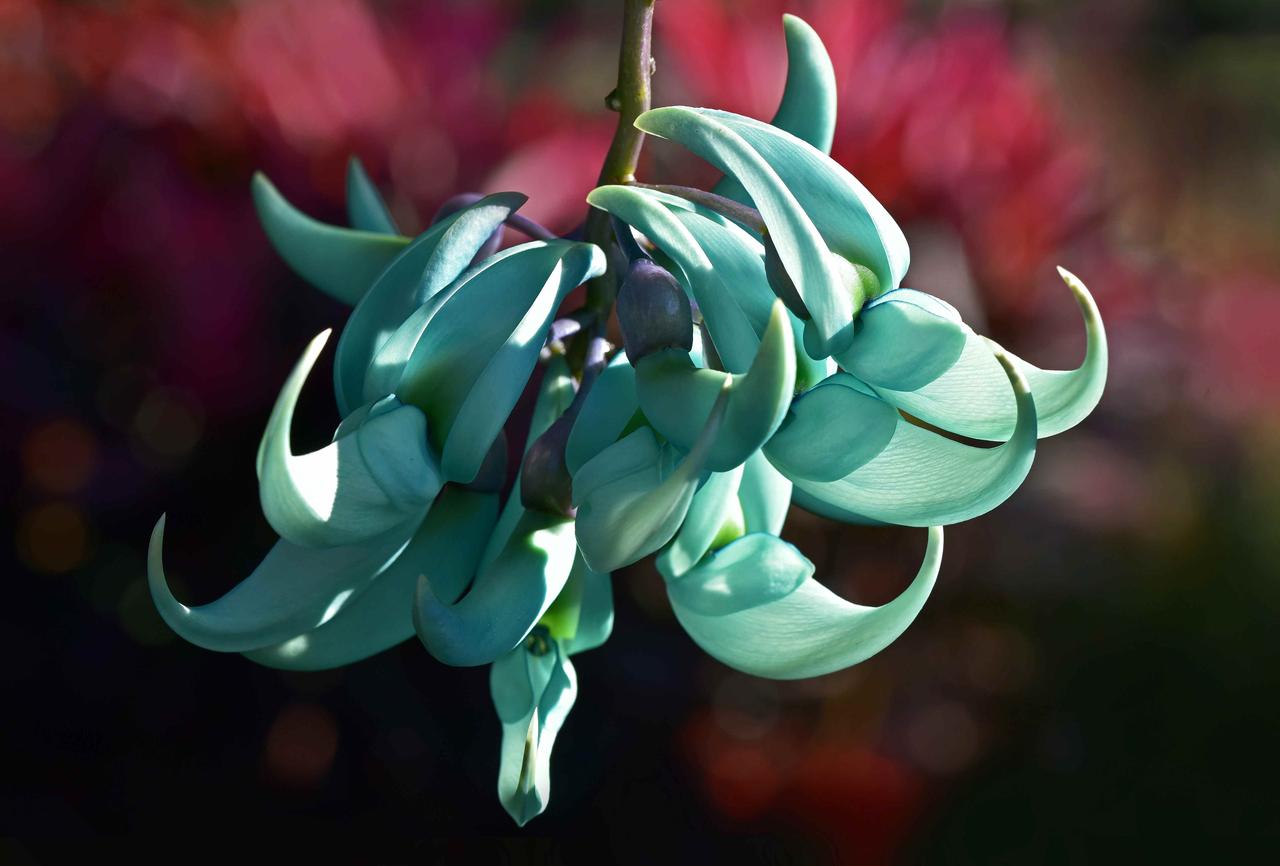
Misa and Jindra left the Czech Republic years ago and started a new life in Bali.
They run a hotel on an Indonesian island. They also have a soft spot for furries in need.
What led you to help dogs in Bali? How long have you been helping?

It actually started at the time of COVID-19. Our villa is right on the beach, so we have the life of Balinese dogs in the palm of our hand. The absence of tourists, closed beaches, restaurants, stalls and warungs (traditional Balinese street restaurants or food stalls - ed.) not only on the beaches were the main reasons why Balinese dogs started to starve. They were used to getting something from tourists and finding some food in the garbage from restaurants.
The locals were ordered to stay at home or were out of work from one day to the next and unable to provide for their families, let alone basic food for their dog. Many dogs don't even have an owner. Rescue organizations were also experiencing a loss of revenue and couldn't handle this situation on their own. Soon the dogs were aggressive from hunger and fights and injuries were more frequent.
We bought bags of dog kibble, cooked rice, chickens, and came to feed at our beach every day in the early evening. Gradually we started vaccinating, treating minor wounds and skin infections on the beach and in the area. Later, we added castration days, which we organize. And to this day we have not stopped.

How do you manage to fund help for homeless dogs?
We manage to fund the aid from our own resources and from the contributions of our followers on social media, where we share our life in Bali with all the worries and joys. We work with a local vet, Elmo Petshop & Vetcare. Without their doctors and mobile neutering unit, we couldn't do neutering days at all. Without their knowledge and access to wild dogs it is unrealistic.
What exactly does your help for dogs in Bali look like?
We feed daily, give medication for deworming or skin diseases. We hold free neutering and vaccination days not only for wild dogs but also in local communities. We try to find adoptive families for puppies, educate local residents on dog access and care. And if we find a dog that needs professional medical attention, possibly surgery and hospitalization, we try to provide and fund that as well.
What are the biggest challenges you face?
The biggest challenge is to secure enough funding and also to change the mindset of the locals in relation to dogs and their basic care. Bali may be the island of the gods, but it is also unofficially known as the island of dogs. Four million people live here. There are about six hundred thousand dogs, but some estimate as many as a million.
The Balinese dog is a breed. It has roamed the island of Bali since 12,000 years ago. Scientists have concluded that it is the oldest breed known to man. And it used to be the purest breed in the world. Not so much now. That's because in 2004, the government lifted the ban on importing dogs to Bali, and mass breeding began.
The DNA of the Balinese dog is a mixture of Australian Dingo, Chinese Chow Chow and Japanese Scythian. Thanks to this genetics, Balinese dogs are very strong and can survive even in the harshest conditions. They are loyal, calm, respectful and will always live in unity with humans. Very rarely are they aggressive, they do not want to bother or hurt anyone. They don't like to be confined to their homes, which is why they are so often seen on the streets. They are very social, but they also want to be free.
Dog ownership here in Bali is very different from the western world. Those that do have owners are fed, but irregularly. Water is also not readily available. When dogs get sick, many are left to die or dumped in another area so as not to worry. For many local families, the cost of veterinary care is high and not a priority. Often they don't even know what they could do or how to help.

For most dogs, survival depends on them alone. An overwhelming number are considered guardians, having no other meaning for their family. In the past, they have also helped dispose of organic waste and played a large role in controlling the rodent population on the island. Their job is also to keep snakes and other wild animals away from the house.
Females have it harder and have little chance to get a home and the right to live. Families usually choose the dog. Females are considered less aggressive and troublesome because of the puppies.

The Balinese have a very special relationship with their dogs, which is often considered inhumane by outsiders. Bali society is highly spiritual and often very superstitious. Approximately 93% of the population practise Balinese Hinduism. This differs from Indian Hinduism in its belief in animism. Non-humans are spiritual beings. For monkeys and cows, for example, this means good, but unfortunately not for dogs.
They are regarded as guardians at the gates of heaven and hell and as manifestations of evil spirits. This results in them being mistreated. They are often ritually sacrificed to appease the gods and demons. Sometimes they are killed as it is believed to act as an aphrodisiac. The Balinese dog has a hard life and this needs to change!
Have you been able to find new homes for any dogs or successfully rehome them?
We have successfully found adoptive families for several puppies dumped on the street. We have one female adopted ourselves. There are countless recovered ones. The main success is that the dogs in our immediate area are properly vaccinated, do not suffer from hunger and are in good health. Unfortunately, we are often too late and despite our best efforts we have not been able to save the animal.
Do you have any idea how many dogs you have helped?

It's impossible to calculate exactly. But we have one number. We've managed to neuter 445 dogs and cats. We consider that a huge success.
How are you involved in the local community? How do the people of Bali respond to your work?

We organize neutering days and always invite locals. Despite their initial mistrust and shyness, they start to cooperate and respond well to our activities. They are increasingly turning to us for help and advice. This is a complete improvement. We need to change their view of the animal from the ground up.
How do you manage to combine running a hotel with taking care of dogs? What is your daily routine?
Sometimes it's quite difficult. But we have a great staff to help us. And we have great guests who are understanding, interested and often support us financially. They respect, for example, the neutering days that take place in our accommodations, where we always create facilities for a mobile neutering unit.
We spend about two hours a day with the dogs, always in the morning. If it is necessary to treat and administer medication twice a day, of course more time is needed. Same with small puppies who need to be fed more often. It's just individual.
Is there anything you would like to change or improve?
Clearly the attitude of the locals and the lack of help from the state apparatus.
What is your favourite moment from helping dogs in Bali?

Definitely a high turnout of locals at the castration day. Every animal we manage to place in a new family. Every animal healed and every animal free from fear and pain. Every morning when the dogs are waiting and joyfully greeting you. It is very recharging.
What advice would you give to people who would like to follow your example and start a similar charity project in Bali?
Be a little crazy and start. Any help just counts.
Can you remember the very first dog you helped?
Yes. I gave him the name Batu. It means stone in Indonesian. I didn't have to think about the name for a long time, he looked like that. I don't know how old he was, but I guess nothing good ever happened to him. He was afraid of people and they were afraid of him. He didn't stand a chance with the others. He was too weak to fight over a piece of food. His skin bled at the slightest wound.
When I saw him, I cried with rage and helplessness. How could anyone let this happen? I fed him baby milk, rice and meat. He was scared of me and growled, but hunger always won over fear and he would let me within a meter of him. Then I managed to get him to the Bawa Rescue Centre. He spent the first few days in the clinic. He didn't want to cooperate much, he was aggressive, but he was eating well.
He didn't trust many people, and no wonder. He never got anything for free, never knew love. He had to fight for everything. What he's been through, it's probably best not to know.
His treatment was started and the progress was amazing. He was neutered just before leaving the clinic. Bawa named him Jeppo, but for me he will always be Batu. The treatment worked and he improved physically every day.
But when for many weeks there were reports from Bawa that he was not cooperating, not trusting, hating people and other dogs, I thought for a while if it was better to leave him alone. If I hadn't hurt him more. We may have saved him physically, but mentally I may have hurt him even more. I was so sorry.
But they say that patience and love move mountains. And so it happened. The chances of adoption in the huge competition are slim, but Jeppo has already found his place and stayed at the Bawa rescue center, where he has become very attached to one staff member. He learned friendship, love, safety, trust, patience and care.
He died last year. He died loved and lived happily and cared for for at least the last three years. It just makes sense not to give up, not to be indifferent and not to say you can't.


